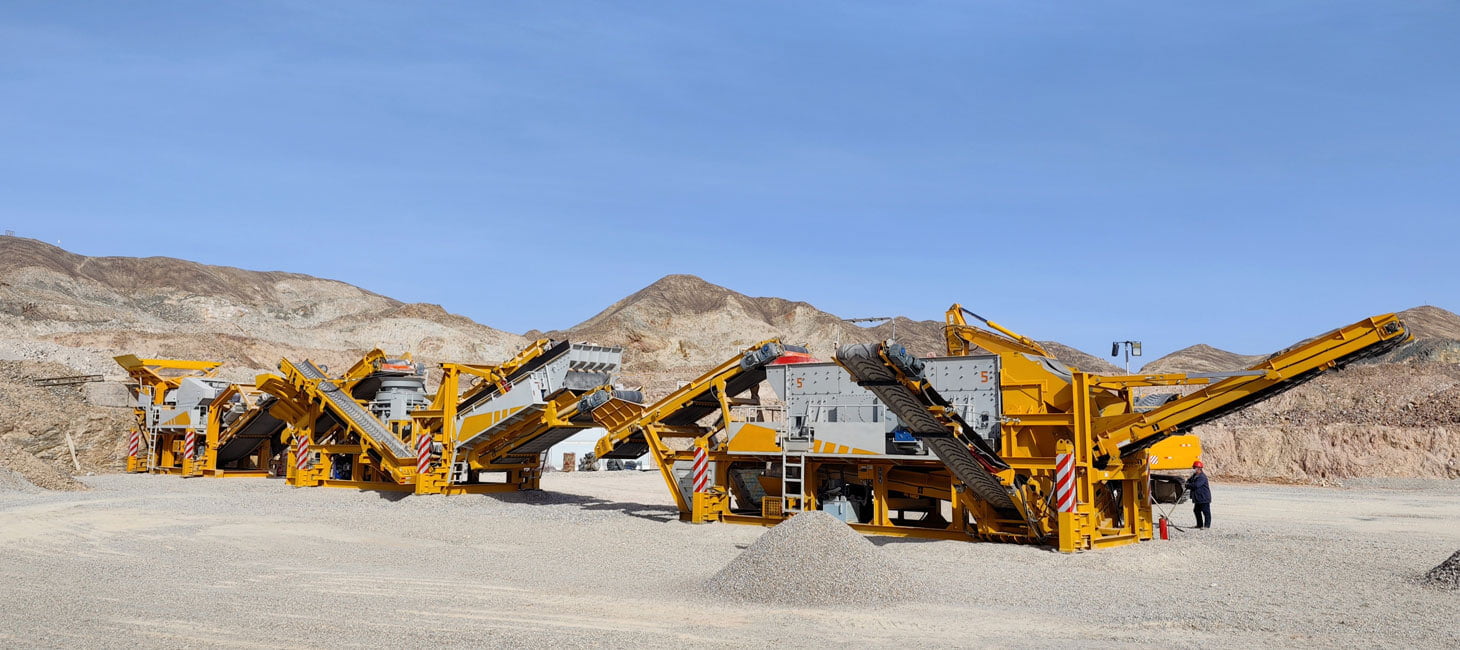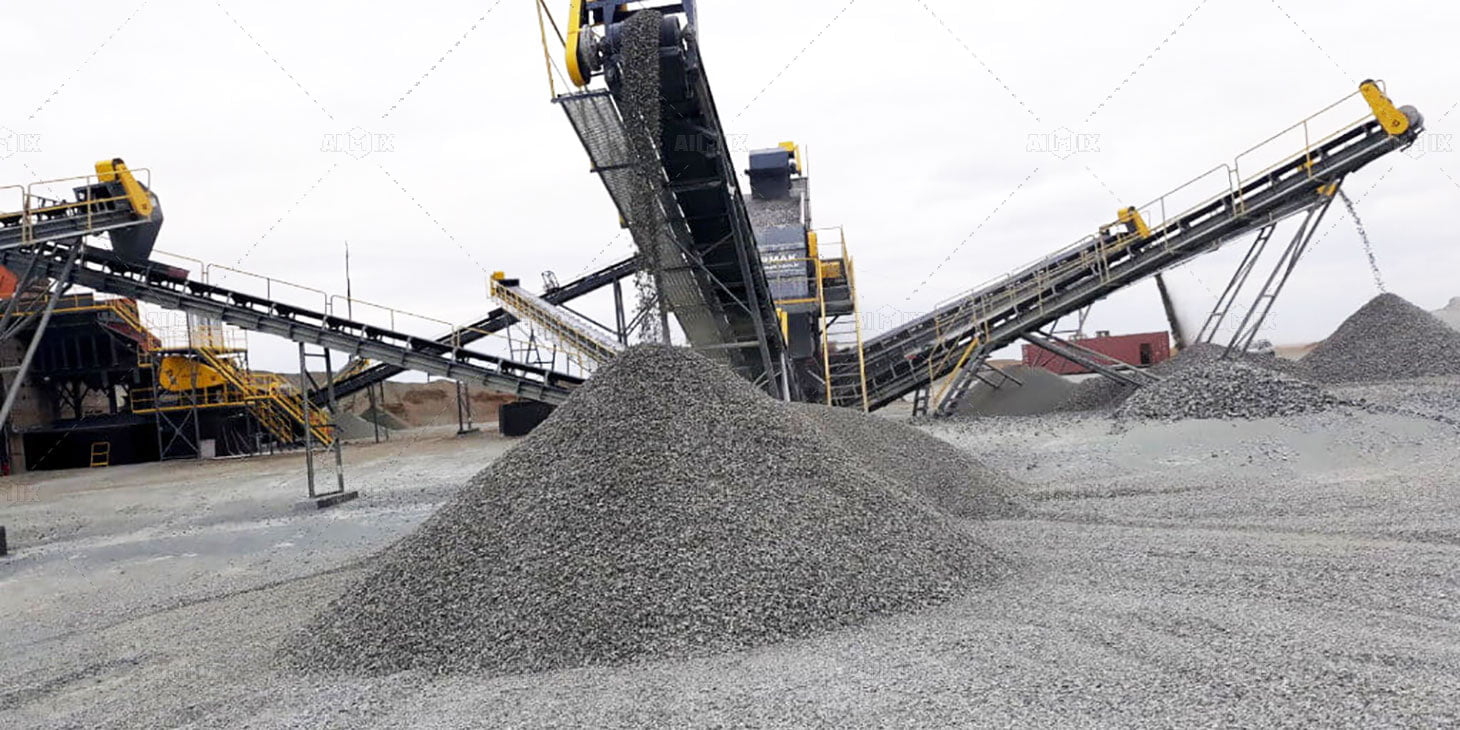Concrete recycling has historically faced significant challenges in managing large volumes of demolition waste effectively. Traditional methods often involved landfill disposal, posing environmental concerns and resource inefficiencies. However, technological innovations in portable concrete crusher have reshaped the landscape of concrete recycling.
Historical Challenges in Concrete Waste Management
The construction industry generates substantial quantities of concrete waste from demolition, renovation, and construction activities. Disposing of this waste in landfills not only occupies valuable space but also contributes to environmental degradation through CO2 emissions and depletion of natural resources. These challenges underscore the urgent need for sustainable waste management solutions.
Technological Advancements in Crushing Equipment
Modern concrete crusher machines leverage advanced technologies to enhance efficiency and sustainability in concrete recycling. Innovations such as high-speed impactors, jaw crushers with hydraulic settings, and mobile compactors have revolutionized how concrete waste is processed. These advancements enable precise control over particle size reduction, facilitating the recovery of high-quality aggregates from demolished concrete structures.

Key Features and Benefits of Modern Concrete Crusher Machines
Concrete crusher machines boast a range of features that optimize crushing efficiency and versatility, making them indispensable in sustainable construction practices.
High-Efficiency Crushing Mechanisms
Advanced crushing mechanisms in modern machines ensure efficient reduction of concrete debris into reusable materials. Hydraulic systems adjust crusher settings dynamically, adapting to varying feed materials and optimizing throughput. This precision minimizes energy consumption and maximizes the yield of valuable aggregates, enhancing operational cost-effectiveness.
Versatile Applications in Construction Projects
Concrete crusher machines are versatile tools capable of processing various types of concrete waste, including reinforced concrete, asphalt, and bricks. They find applications in road construction, foundation reinforcement, and aggregate production for new concrete mixes. Their ability to produce graded materials on-site reduces transportation costs and supports just-in-time construction practices. You can check its wide applications on this page: https://aimixgroup.com/stone-crusher-plants/mobile-type/impact-type/.

Sustainable Practices and Future Trends in Concrete Recycling
The future of concrete recycling lies in sustainable practices that prioritize environmental stewardship and resource conservation.
Environmental Impact Mitigation Strategies
Concrete crusher machines contribute to environmental sustainability by reducing the need for virgin aggregates, which in turn preserves natural resources and minimizes carbon emissions associated with aggregate production. Additionally, advanced dust suppression systems and noise attenuation technologies mitigate environmental impact during crushing operations, ensuring compliance with regulatory standards.
Integration with Circular Economy Principles
The integration of concrete crusher machines with circular economy principles promotes closed-loop recycling, where demolished concrete is recycled into new construction materials. This approach reduces waste generation, enhances resource efficiency, and supports the long-term sustainability of urban infrastructure development.
In conclusion, concrete crusher machines represent a paradigm shift in concrete recycling, offering efficient solutions to manage construction waste while promoting sustainable building practices. As technological innovations continue to evolve, these machines will play an increasingly vital role in shaping the future of construction industry sustainability. Embracing these advancements not only benefits project economics but also contributes to global efforts towards environmental conservation and resource preservation.

